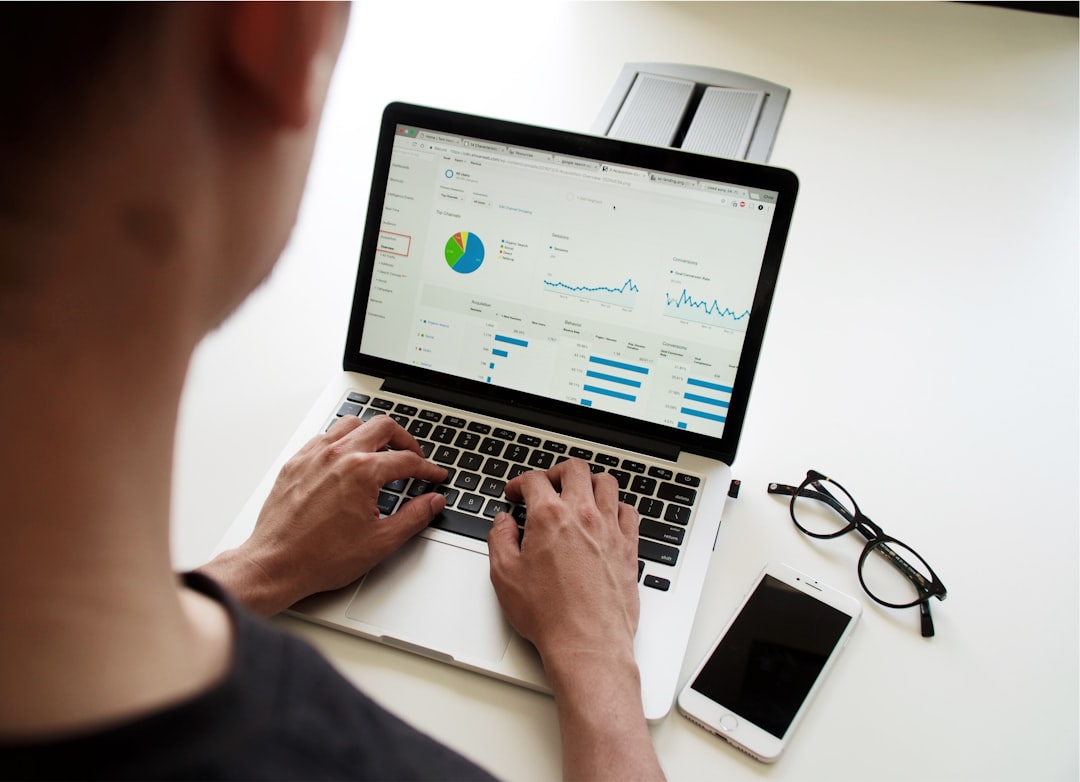Many food packaging types are made from polymers that take centuries to decompose in landfills or oceans. This causes environmental harm and health risks for people who eat seafood that has bioaccumulated toxins. But there’s another solution: Biodegradable Food Packaging.
Biodegradable Food Packaging refers to material that is designed to decompose after it has served its purpose. It can break down in a reasonable amount of time by naturally absorbing carbon dioxide and water from the air, sunlight, bacteria, or fungi when disposed of. Biodegradable food packaging types include various plant starches (based on corn, rice, tapioca), paperboard made with sugarcane cellulose, plastic bottles derived from milk products (such as whey), and bioplastics based on renewable sources like vegetable oils or cornstarch.
There are many benefits for using biodegradable food packaging material instead of synthetic polymers:
No toxic chemicals are found in landfills; unlike conventional plastics, which produce harmful gases when they break down, biodegradable material can be readily broken down in a landfill by natural microorganisms.
No bioaccumulation in seafood; when synthetic plastics are discarded in oceans or waterways, they float on the surface and form a layer called an ‘ocean plastisphere.’ This is a floating plastic mass that contains toxins that have been absorbed from ocean water by microorganisms and then passed into the flesh of marine animals that eat them. Ocean plankton absorb these toxins into their tissue, in turn, meaning they too become toxic to people who consume seafood containing them. Biodegradable packaging breaks down more quickly than synthetic polymers, so it does not accumulate at this rate.
Avoidance of high costs for disposal procedures; disposing of plastic waste can be expensive, and it’s usually done at taxpayers’ expense. Biodegradable packaging also lowers costs for producers, which can benefit consumers through lower prices on goods and services.
Preservation of natural resources; synthetic plastics take an extremely long time to break down and require a considerable amount of natural resources to produce, such as crude oil. Also, these need to be produced in specialized laboratories, which consumes more energy than harvesting crops or producing paperboard from organic material.
There is already a wide range of bioplastics available with varying biodegradability (measured by their ‘biodegradability index’), including starch-based bioplastics, plant cellulose-based bioplastics, and vegetables oil-based plastics. Many of these products are already being implemented into commercial manufacturing in some way.
In conclusion, biodegradable food packaging is an important, ethical, and ecologically responsible choice for all businesses to consider.








